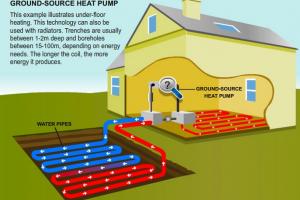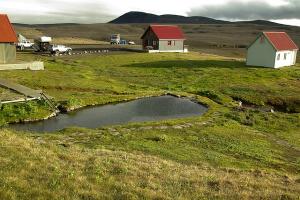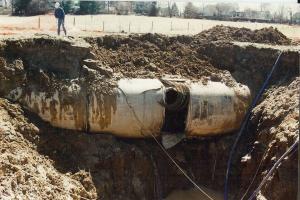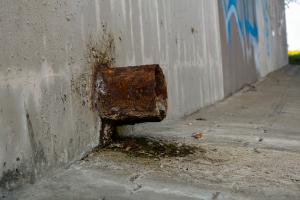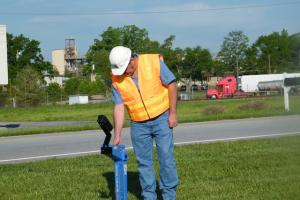Soil Suitability for Geothermal Heat Pumps (Closed-Loop Horizontal Residential)
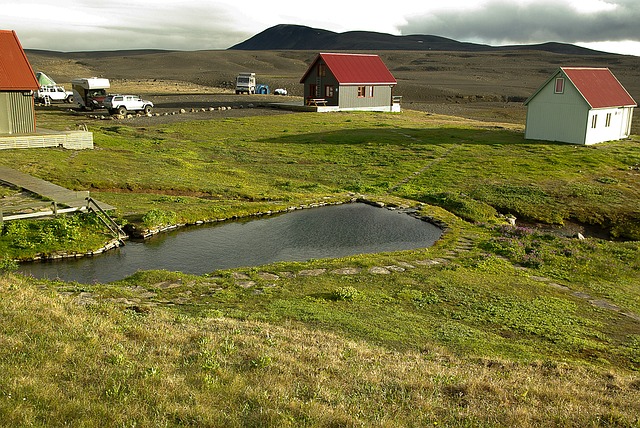
Ground Source Heat Pumps Definition
Ground source heat pump systems provide a viable alternative to conventional heating and cooling systems in the move towards sustainable building solutions. The most important factor for successful operation of a ground loop heat system is the rate of heat transfer between the pipe and surrounding soil.
Also See: Geotechnical Considerations for GSHP Installation
Soil Suitability Criteria
To study soil and understand the soil heat absorption and energy release, the evaluation criteria include:
- Depth to Bedrock
- Depth to Denser Materials
- Depth to Water Table
- Flooding Frequency
- Soil Moisture Content
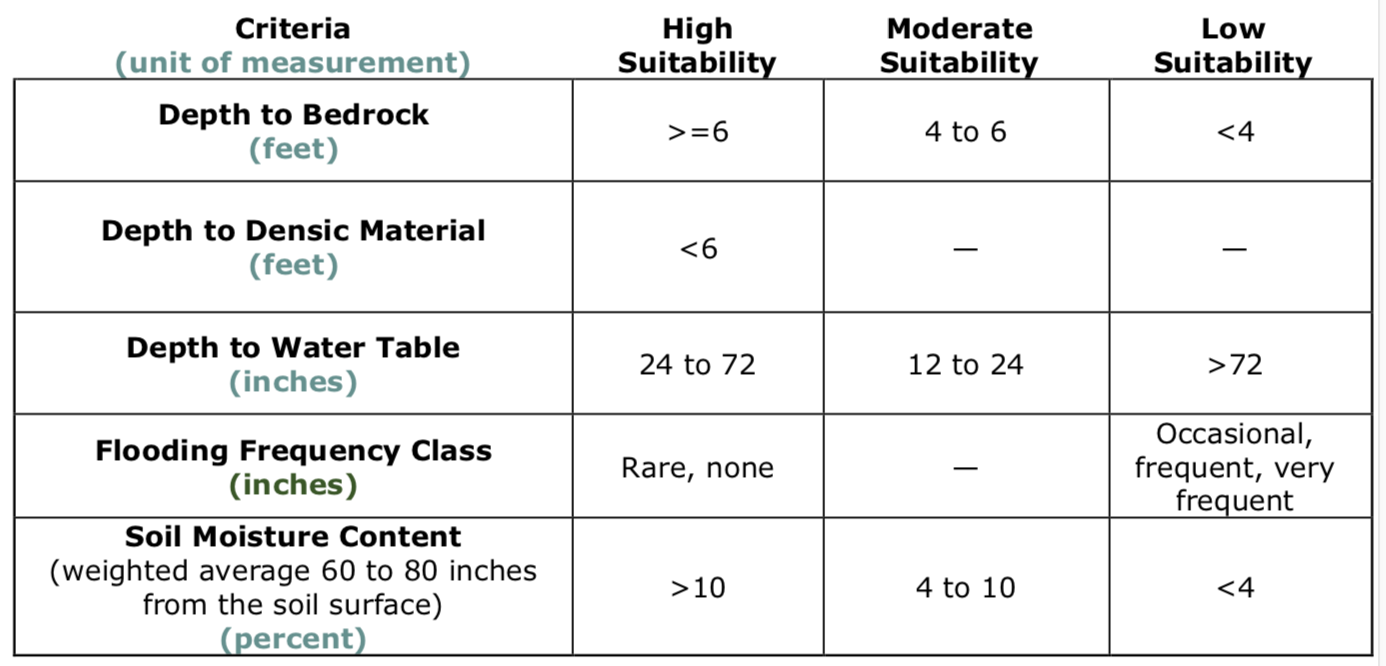
1. Depth to Bedrock
It is the depth from the soil surface to the bedrock. Soil having bedrock closer to the surface are less suitable for geothermal heat pumps as the cost of installation in rocky areas will be severely high.
2. Depth to Densic Material
Densic materials are formed from dense glacial till and have very high bulk densities that impede or restrict the movement of water vertically through the soil profile. The densic material have higher thermal conductivity and when dug it becomes loosened drawing water, which further increases its conductivity. Hence, soils having densic materials near to the surface may be suitable for geothermal pumps installation. It must also be kept in mind that installation costs may increase due to the less ease of digging in this type of soil.
3. Depth to Water Table
It is the depth from the soil surface to a saturated zone in the zone in the soil. The presence of water facilitates the absorption of heat from the water running in the geothermal heat pump pipes and makes it cooler. Hence, soils having a higher water table may be suitable for installation of a GSHP.
4. Flooding Frequency
Soils with a very rare flooding frequency or none are suitable for geothermal heat pumps.
5. Soil Moisture Content
The soil moisture content indicates the amount of water present in the soil. As per experiments, it has been observed that soils having a higher moisture content may be more suitable for installation of GSHP because they have lower thermal resistivity. A drier soil has increased thermal resistivity. Hence, a saturated soil is more suitable for this purpose.
Soil Suitability Rating
Suitability of soils can be rated as follows:
- High suitability (No soil limitations)
- Moderate Suitability (One or more moderate soil limitations)
- Low Suitability (One or more severe limitations)
- Not Suitable




